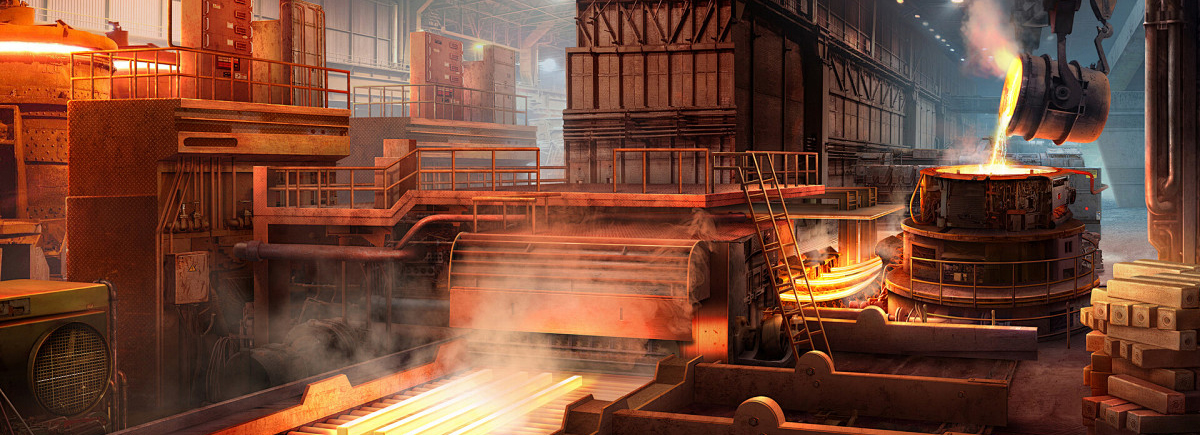Advantages of alumina ceramic valve cores in the chemical industry
The chemical industry operates under strict conditions and requires sturdy, reliable, and durable components. A crucial component for the efficiency and safety of chemical processes is the valve core. Although traditional materials can be used, they often fail to meet the requirements in highly corrosive, high-temperature, and high-pressure environments. Entering the game of alumina ceramic valve core - a game changer in valve technology.

Excellent material performance
Aluminum oxide (Al ₂ O æ) ceramics are renowned for their extraordinary hardness, high melting point, and excellent thermal stability. These inherent material characteristics make alumina ceramic valve cores particularly suitable for harsh environments commonly encountered in chemical treatment.
1. Chemical inertness: Alumina ceramics exhibit excellent resistance to various chemical substances, including strong acids and bases. This inertness prevents degradation and contamination, ensuring the integrity of the chemical process and the purity of the final product.
2. High hardness and wear resistance: The Mohs hardness level is 9, and alumina ceramics are very wear-resistant. This quality is crucial for valve cores that must withstand continuous opening and closing cycles (usually involving grinding fluid or mud).
3. Thermal stability: Aluminum oxide ceramics can withstand temperatures exceeding 1600 ° C. This thermal stability ensures reliable performance in processes involving extreme temperatures, reducing the risk of valve failure and related downtime.
4. Corrosion resistance: Unlike metals, metals corrode when in contact with certain chemicals, while alumina ceramics maintain their structural integrity. This corrosion resistance extends the service life of the valve core, minimizes maintenance requirements, and reduces the risk of leakage or failure.
Enhanced performance and lifespan
The superior performance of alumina ceramics is transformed into improving the performance and service life of valve cores. This performance improvement is crucial in the chemical industry, as the reliability of valves directly affects operational efficiency and safety.
1. Durability under harsh conditions: The durability of alumina ceramic valve cores ensures that they can handle the harsh conditions of chemical plants. This elasticity reduces the frequency of valve replacement, lowers maintenance costs, and minimizes process interruptions.
2. Improved sealing performance: The precision manufacturing of alumina ceramics allows for strict tolerances and smooth surface finish. These features enhance the sealing ability of the valve core, prevent leakage, and ensure consistent process control.
3. Reduce maintenance costs: Due to the wear and corrosion resistance of alumina ceramic valve cores, their maintenance frequency is lower compared to metal valve cores. This reduction in maintenance not only reduces costs, but also minimizes the risk of maintenance personnel being exposed to potential hazardous environments.

Specific applications in the chemical industry
The unique performance of alumina ceramic valve cores makes them particularly beneficial in several key areas of the chemical industry:
1. Acid alkali production: Acid alkali production involves highly corrosive substances that can quickly degrade traditional valve materials. Aluminum oxide ceramic valve cores have excellent chemical resistance, providing a reliable solution that improves the safety and efficiency of these processes.
2. High temperature reactions: Many chemical reactions require high temperatures to be effectively carried out. The alumina ceramic valve core maintains its integrity and performance under these high temperatures, ensuring that the valve operates normally without frequent replacement.
3. Abrasive slurry treatment: In processes involving abrasive slurry, such as the production of certain catalysts or pigments, the hardness and wear resistance of alumina ceramic valve cores are crucial. These valve cores can withstand grinding, maintain function, and extend the service life of the valve.
4. Purity sensitive process: In the production of high-purity chemicals, any contamination may affect product quality. The inertness of alumina ceramics prevents any interaction with the process medium, ensuring the highest purity standards are maintained.
Environmental and Economic Benefits
The adoption of alumina ceramic valve cores has brought significant environmental and economic benefits, which is consistent with the increasing emphasis on sustainable practices in the chemical industry.
1. Extended service life: The long service life of alumina ceramic valve cores reduces the frequency of replacement, thereby reducing waste and environmental footprint related to the manufacturing and disposal of valve components.
2. Energy efficiency: The enhanced sealing ability and reduced friction of alumina ceramic valve cores help improve energy efficiency in chemical processes. This efficiency reduces energy consumption and operating costs, providing economic and environmental advantages.
3. Reduce downtime: Reduce valve failures and maintenance requirements, improve normal operating time and productivity. This reliability not only improves economic performance, but also minimizes the risk of environmental accidents caused by leaks or spills.
The alumina ceramic valve core represents a significant advancement in valve technology in the chemical industry. Their superior material properties, including chemical inertness, high hardness, thermal stability, and corrosion resistance, translate into enhanced performance, lifespan, and reliability. These characteristics make alumina ceramic valve cores particularly suitable for applications involving corrosive substances, high temperatures, and abrasive materials.
The practical benefits of using alumina ceramic valve cores are not limited to operational efficiency, but also include significant environmental and economic advantages. By reducing maintenance costs, extending service life, and improving energy efficiency, these advanced valve cores support sustainable and cost-effective chemical manufacturing processes.
In summary, integrating alumina ceramic valve cores into chemical operations is a strategic decision that provides robust, reliable, and sustainable solutions to address the challenges posed by harsh processing environments. With the continuous development of the industry, the adoption of advanced materials such as alumina ceramics will play a crucial role in promoting innovation and improving the overall performance of chemical treatment systems.
Dongguan Jundro ceramics Technology Co.,Ltd
E-mail:info@jundro.com
Tel:+86-769-82913501
Fax:+86-769-82913801
Add: Room 306, Gate B, Unit 1, Block 2 South, No. 1 Yile Road, Songshan Lake, Dongguan City, Guangdong Province, China(523808)
© August Dongguan Jundro ceramics Technology Co.,Ltd- 2023